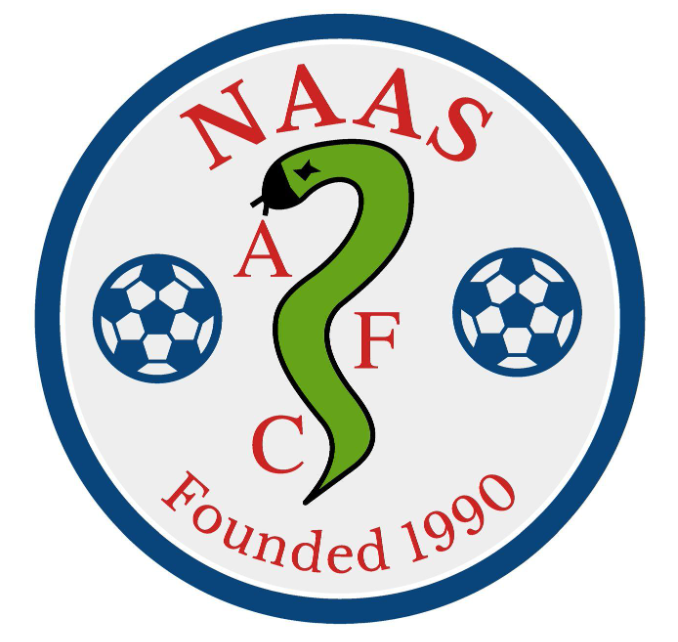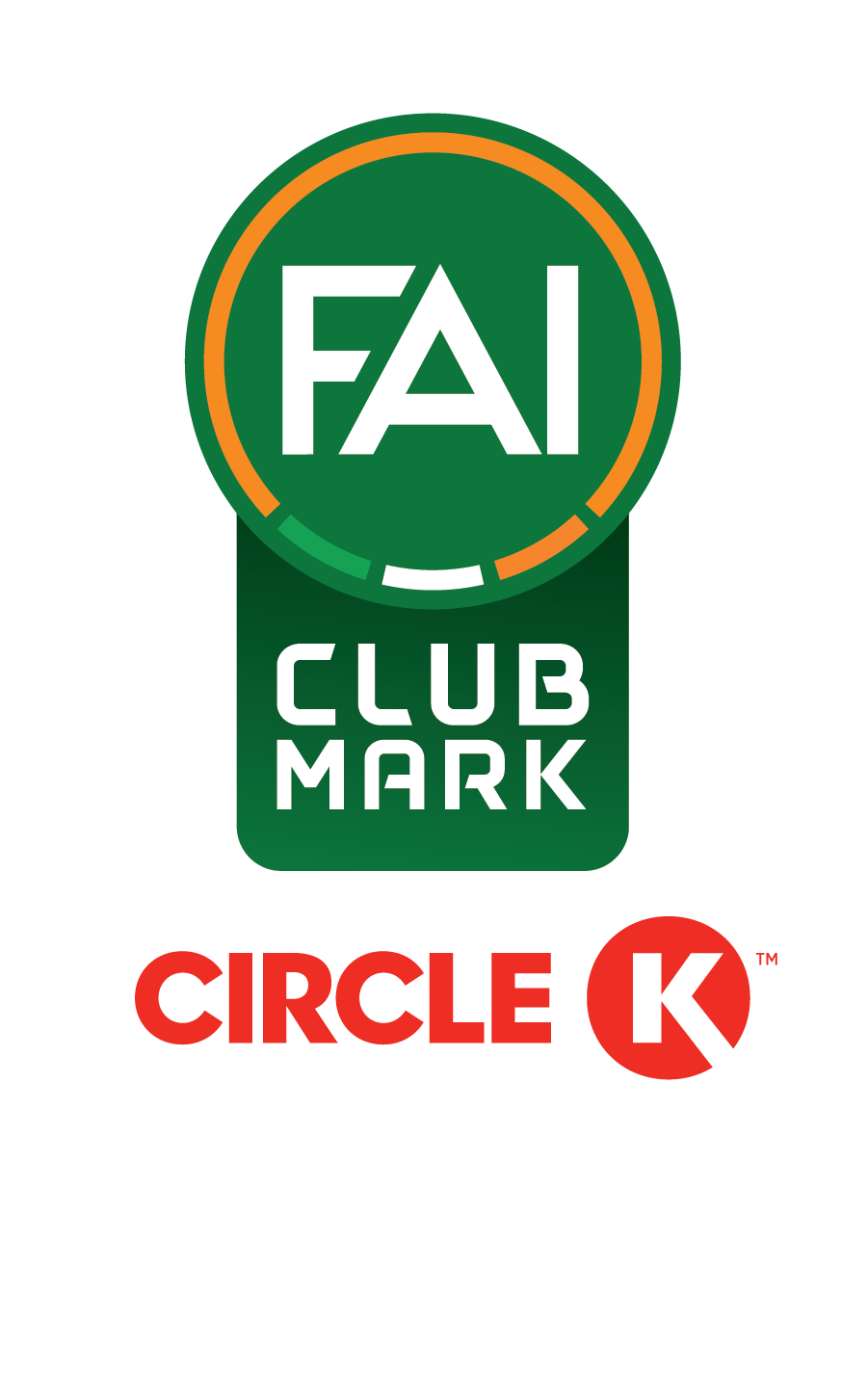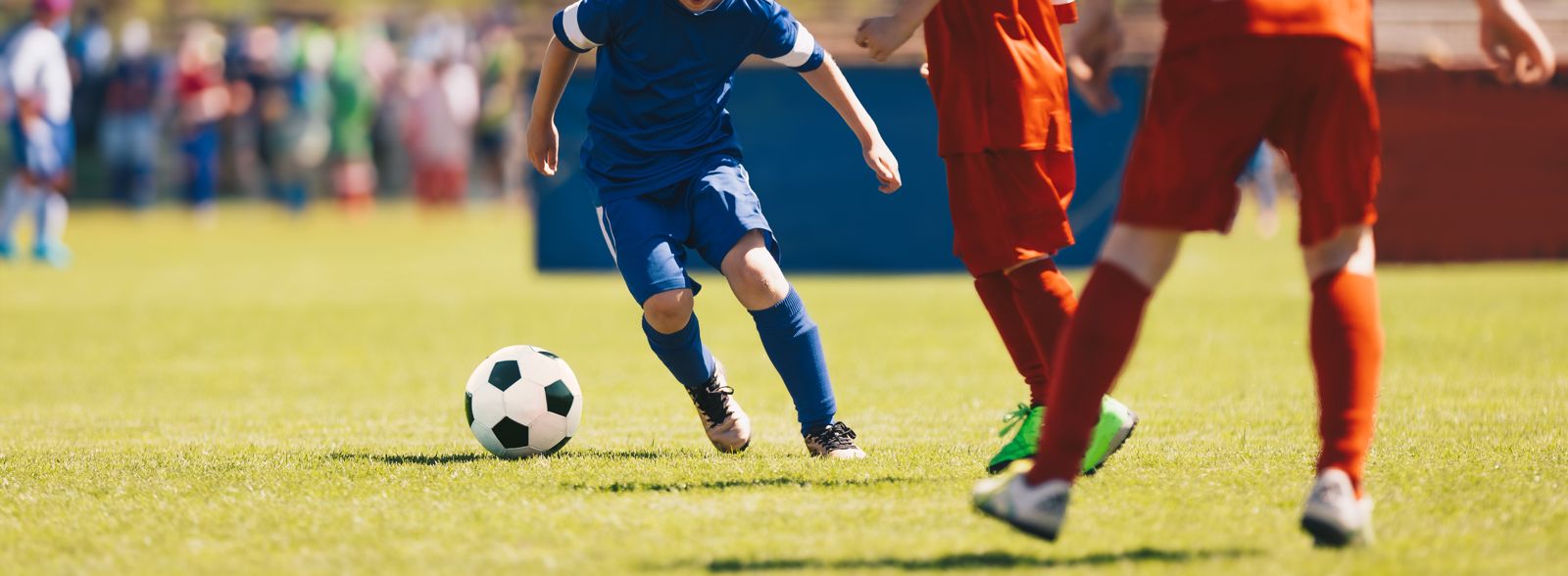Guidance on the Use of Photographic and Filming Equipment
Many people use cameras and video equipment at soccer activities and the vast majority, do so for perfectly legitimate reasons. However there is evidence that people have used sporting events to take inappropriate photographs and video footage of children and young people in vulnerable positions.
NAAS AFC has adopted a policy in relation to the use of images of players on their websites and in other publications.
Where possible we will try to use models or illustrations when promoting an activity and avoid the use of the first name and surname of individuals in a photograph. This reduces the risk of inappropriate, unsolicited attention from people within and outside the sport.
Rules to guide use of photography:
- If the player is named, avoid using their photograph.
- If a photograph is used, avoid naming the player.
- Ask for the player’s permission to use their image. This ensures that they are aware of the way the image is to be used to represent the sport. A player’s permission form is one way of achieving this.
- Ask for parental permission to use their image. This ensures that they are aware of the way the image is to be used to represent the sport. A parental permission form is one way of achieving this.
- Only use images of players in suitable dress to reduce the risk of inappropriate use. The content of the photograph should focus on the activity not on a particular child
- Create recognised procedures for reporting the use of inappropriate images to reduce the risks to player’s. Follow the child protection procedures, ensuring either the designated person or, if necessary, the health boards and/or gardai are informed.
Amateur photographers/film/video operators wishing to record an event or practice session should seek permission/accreditation with the children’s officer, team manager/coach and/or event organiser of session.
When commissioning professional photographers or inviting the press to an activity or event we will aim to ensure they are clear about our expectations of them in relation to child protection.
Professional photographers/film/video operators wishing to record an event or practice session should seek accreditation with the children’s officer/event organiser/team manager by producing their professional identification for the details to be recorded.
We will then:
- Provide a clear brief about what is considered appropriate in terms of content and behaviour
- Issue the photographer with identification which must be worn at all times
- Keep a record of accreditations
- Inform players and parents that a photographer will be in attendance at an event and ensure they consent to both the taking and publication of films or photographs
- Not allow unsupervised access to athletes or one to one photo sessions at events
- Not approve/allow photo sessions outside the events or at an athlete’s home
Videoing as a coaching aid: Video equipment can be used as a legitimate coaching aid. However, permission should first be obtained from the player and the player’s parent/carer.
Clubs should also be aware of the dangers of permitting camera phones in dressing rooms and should apply appropriate safety rules.
Anyone concerned about any photography taking place at events/matches or training sessions should bring their concerns to the attention of the committee/team manager/coach children’s officer.
Mobile Phones
Mobile phones are often given to children for security, enabling parents to keep in touch and make sure they are safe. Young people value their phones highly as it offers them a sense of independence. In addition mobile phones allow quick and easy contact, which can make a safe and efficient way to carry out club business. However such technology has also allowed an increase in direct personal contact with young people, in some cases used to cross personal boundaries and cause harm to young people. Therefore, we need to encourage responsible and secure use of mobile phones by adults and young people.
Therefore club personnel should advise children:
- If you receive an offensive photo, email or message, do not reply, save it, make a note of times and dates and tell a parent or children’s officer/designated person within the club.
- Be careful about who you give your phone number to and don’t respond to unfamiliar numbers
- Change your phone number in cases of bullying or harassment
- Don’t use the phone in certain locations; inappropriate use of your camera phone may cause upset or offence to another person, e.g. changing rooms
- Treat your phone as you would any other valuable item so that you guard against theft
As a coach/manager remember:
- Use only group texts for communication among players and teams and inform parents of this at the start of the season
- It is not appropriate to have constant communication for individual players
- Don’t use the phone in certain locations; inappropriate use of your camera phone may cause upset or offence to another person, e.g. changing rooms


